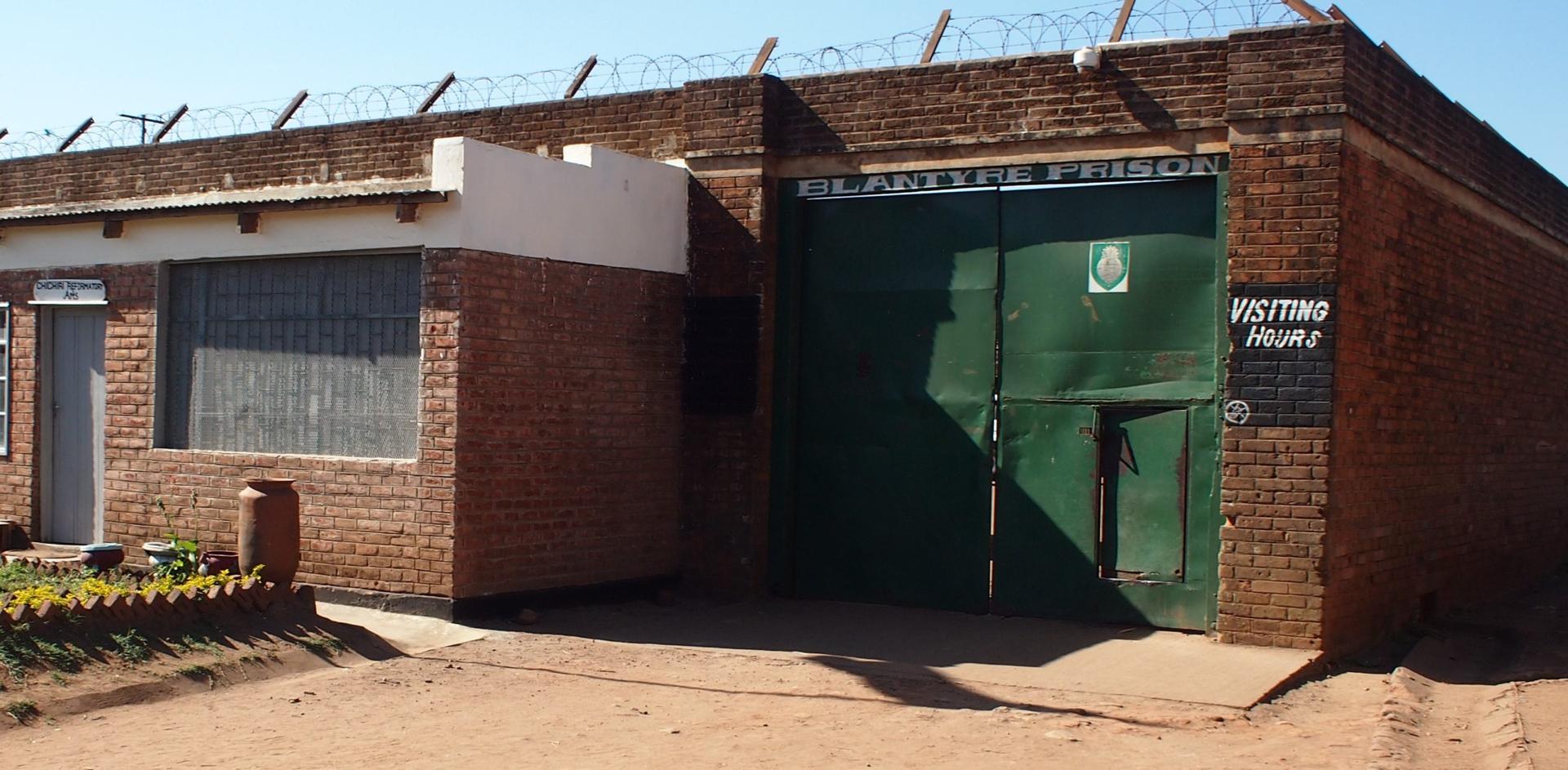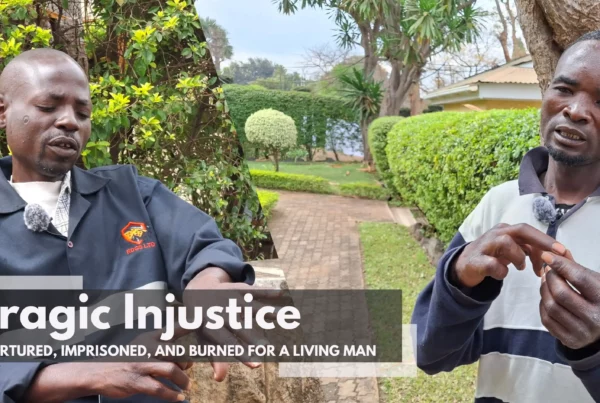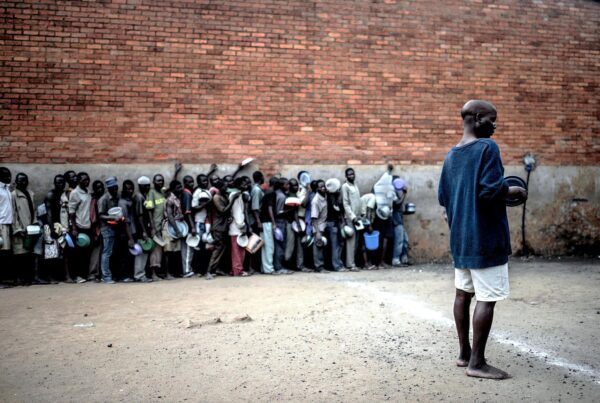The Daily Times
22 July, 2024
By Thomas Kachere
Patricio, now 45, does not remember the year 2003.
“I was in prison that year, when prison conditions were bad. This is despite that some of the convicts that are sent to prison do not serve prison sentences with hard labour while others are imprisoned with hard labour, depending on the magistrate’s pronouncements in court.
“That time, I was one of the prisoners who were serving sentences without the condition of hard. As such, we were supposed to be treated well, albeit this was not the case. We could, sometimes, be asked to go and slash the grass along the road. What makes me remember the year 2003 is that we were informed that the Prison Act was being reviewed and that, in some cases, inmates would be given a chance to earn an income while in prison,” he said.
However, Patricio came out of prison in 2018 without any progress on the issue.
Now the Ministry of Justice has said that the Prison Bill is in its priorities’ tray.
Ministry spokesperson Frank Namangale said they are aware of the challenges that are being faced by the Malawi Prison Service.
“There is that possibility [of taking it to Parliament]. It is one of the bills on our priority list,” Namangale said.
The Prisons Bill was first drafted in 2003 with support from Penal Reform International.
The exercise was meant to reform the current Act, which was enacted in 1956.
The current Prison Act predates the establishment of democracy in Malawi and the Malawi Constitution.
Due to worries that the bill which had been drafted was not reflecting socio-economic circumstances of that time, review exercises on the bill were suspended indefinitely.
In 2013, a renewed attempt to redraft the bill was supported through the establishment of a Special Commission of the Law Commission.
The activity was funded by UNODC, with a report and subsequent updates being published in 2018.
The bill moves away from the theme of retribution and punishment, which is ingrained in the Prisons Act of 1956, towards a more humane treatment of individuals through rehabilitation and reintegration.
It also includes suggestions of open prisons, halfway houses and prisoner release on temporary licence as well as the release of prisoners on parole.
It also removes corporal punishment.
Commissioner General of the Malawi Prison Service Masauko Wiscot confirmed that the bill has stayed for a long time without being taken to Parliament, a development that continues to put more pressure on their department.
The commissioner general also noted that the law commission report has created new divisions, which will help them to implement the new changes.
Further to that, the government has given them the authority to start recruiting officers to fill positions.
“We want the members of Parliament to support the bill when it goes to Parliament. One of the challenges that we, as a service, are facing is overcrowding in our cells and this bill introduces a new division of community correction, where it has the parole, public works and community service.
“Currently, the only way used to decongest our prisons is through pardoning. We feel if this bill is passed with the areas that have been introduced, it will help to decongest our prisons. So we would want the members of Parliament to support the bill once it is taken to Parliament because the Act we are using was enacted in 1956 and most of its provisions have been outlawed by the Constitution,” he said.
As at June 2024, the prison population was 16,536 against a capacity of around 7,000 individuals.
Meanwhile, Legal Affairs Committee of Parliament Chairperson Peter Dimba has said they, as a committee, are ready to support progressive laws in the country.
“The Prison Bill is one of the bills that is in our hearts. We have had this bill for more than a decade now and we have been talking about prison reforms for a long time. What is remaining is to take an action so that the bill is taken to Parliament and passed. “Otherwise, we are not happy that government has done nothing on this, apart from just talking. We, as a committee, will be engaging stakeholders on the issue. It is sad that we are the only one in the region with archaic laws governing the prison service. Our friends in Zambia have moved ahead on this,” Dimba said.
On her part, Southern Africa Litigation Centre lawyer Chikondi Chijozi has expressed worry that Malawi is still using archaic laws at a time several things have changed.
The guiding principles of the new bill, according to Victor Mhango, Centre for Human Rights Education, Advice and Assistance Executive Director, would incorporate rehabilitation, reintegration, social cohesion and reformation and states that conditions of detention shall be humane and in accordance with international human rights principles.
Mhango said through reintegration, released individuals can then contribute to the financial and economic development of the country and break the cycle of repeat offending due to poverty.
“The new bill will create a parole system which will help to alleviate the major overcrowding and inhumane conditions that detainees face currently and signal a move towards humane treatment and rehabilitation and reintegration of detainees guided by the Constitution and international instruments,” Mhango said.
According to Mhango, there is enough support from those within the Prison Service to enact the bill in order to help decongest prisons and improve conditions for those detained, leading to a better-functioning prisons system.
“Is it because it is talking about the prisoners? The process started in 2000 and we have seen bills coming and passing. But this bill was never taken to our Parliament, which means it is an issue of copy and paste from our colonial masters.
“Several things have changed. We have the 1994 Constitution, which has the Bill of Rights,” he indicated.
In 2018, the Malawi Inspectorate of Prisons found that “failure to provide adequate food and medical care is a serious breach of national and international legal and policy instruments and amounts to a breach of human rights”.
It further found that almost all prisons had failed to comply with statutory regulations where they were serving non-diverse diets of nsima with beans or peas, which is notably lacking in vegetables or meat.
Surely, these are indications of a prison system overtaken by events.




